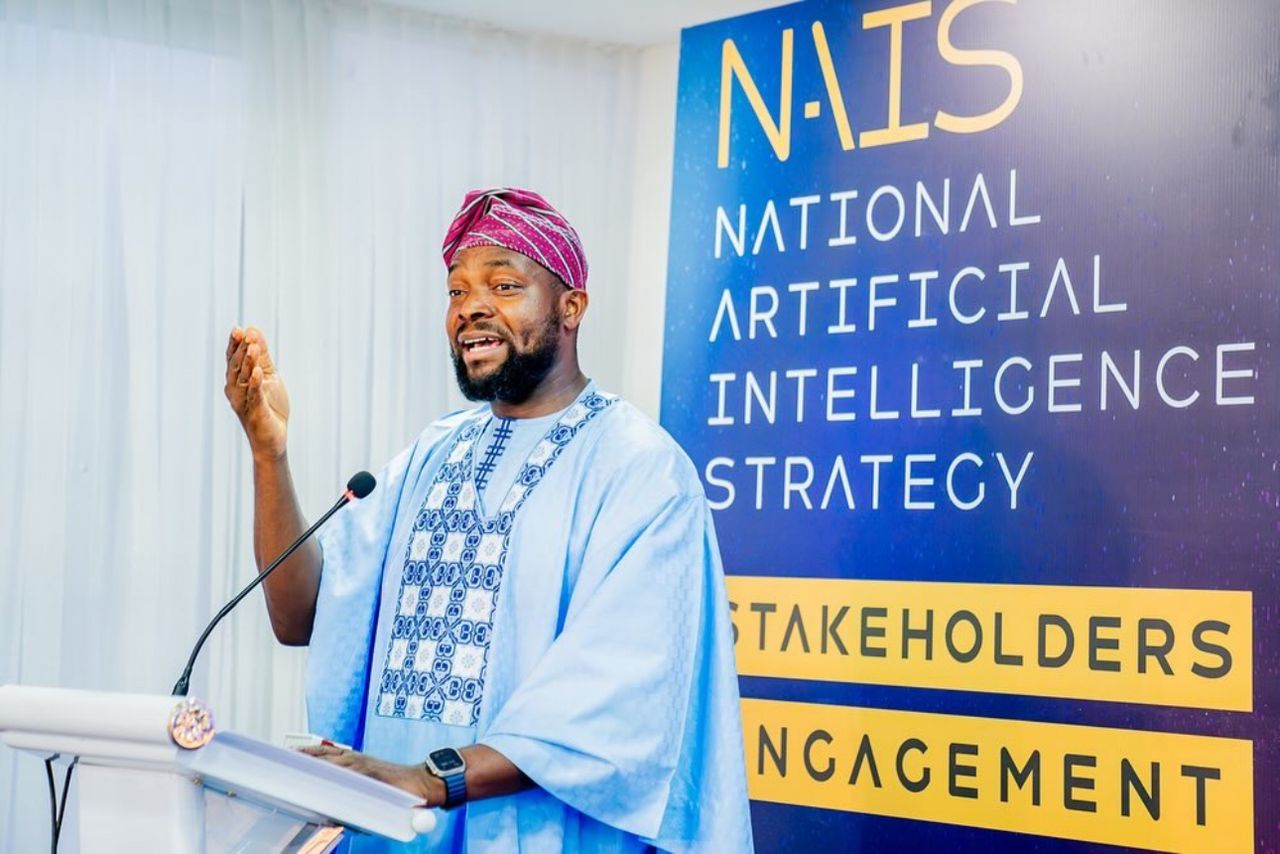Rwanda and Ghana exemplify divergent yet complementary visions for AI adoption in Africa, each tailored to their unique socio-political contexts. Rwanda’s AI strategy is tightly interwoven with national security imperatives, a response to its history of identity-driven conflict. It prioritizes data sovereignty as a bulwark against external vulnerabilities, adopting a cautious, defensive posture toward global tech powers. By forging selective partnerships, Rwanda ensures alignment with its domestic priorities, focusing AI applications on targeted, pragmatic solutions—such as enhancing rural healthcare and bolstering food security—through state-driven initiatives.
Ghana, conversely, pursues an expansive, outward-looking approach, positioning AI as a catalyst for broad-based modernization and economic dynamism. By embracing global partnerships, Ghana seeks to attract foreign investment and establish itself as a regional tech hub. Its strategy spans diverse sectors—finance, transport, education, and governance—emphasizing inclusive digital transformation and private-sector growth to drive sustainable development.Despite these ambitions, both nations face systemic constraints. The global AI landscape is dominated by the United States and China, whose standards often overshadow local priorities. Ethical AI frameworks, while championed by Rwanda and Ghana, struggle to hold multinational corporations accountable. Moreover, energy deficits pose a critical barrier, as AI’s computational demands require robust, reliable infrastructure—a resource often in short supply.
To overcome these challenges, strategic investments in digital infrastructure, education, and local innovation ecosystems are essential to reduce reliance on foreign tech giants. African nations must also assert their influence in global AI governance, leveraging the African Union’s collective bargaining power to advocate for policies that reflect continental realities and safeguard digital sovereignty.
Critically, AI frameworks must be rooted in African ethical paradigms, emphasizing communal rights and sensitivities shaped by post-colonial experiences, to ensure equitable and contextually relevant technological progress.





Thanks for sharing. I read many of your blog posts, cool, your blog is very good.